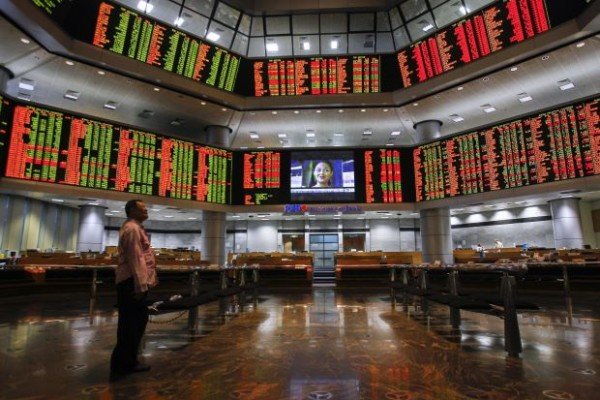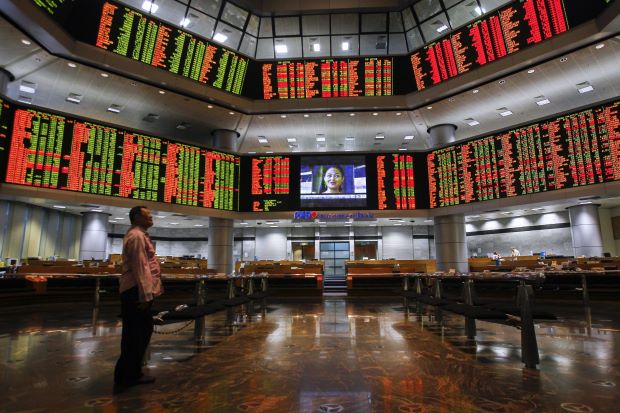Asian markets traded lower on Wednesday, October 14, as investors digested disappointing economic data from China.
Chinese inflation figures came in weaker than expected, and came a day after trade figures showed a steep fall in imports.
Japan’s benchmark Nikkei index closed down 1.8% at 17,907.39.
China’s main index Shanghai Composite edged up 0.2% to 3,299.51, while in Hong Kong the Hang Seng index was down 0.61% at 22,460.16.
In Australia, the S&P/ASX 200 fell 0.56% to 5,173.80, while South Korea’s benchmark Kospi index dropped 0.55% to 2,007.72.
The latest official data from China – the world’s second largest economy – showed consumer inflation slowed to 1.6% in September from 2% in August. Wholesale inflation was 5.9%, unchanged from the month before.
The wholesale numbers were in line with expectations, but consumer inflation was expected to rise 1.8%. China’s target for consumer inflation is about 3%.
Economic data released on October 13 showed that imports in September fell by a more-than-expected 17.7% in yuan-denominated terms, while exports fell 1.1% from a year earlier.
As it continues to face a slowdown in economic growth, China is trying to move away from an export-led economy towards one led by consumer demand.
The sharp fall in imports posted on October 13 raised concerns around the world that domestic demand in China is weakening.
https://www.youtube.com/watch?v=3d4CemHqSjo
